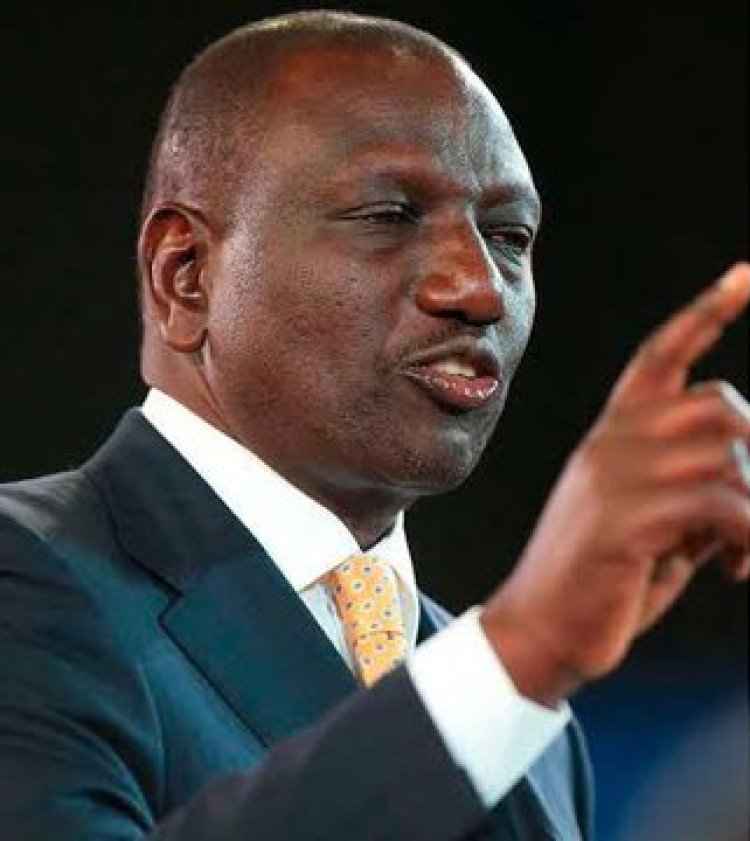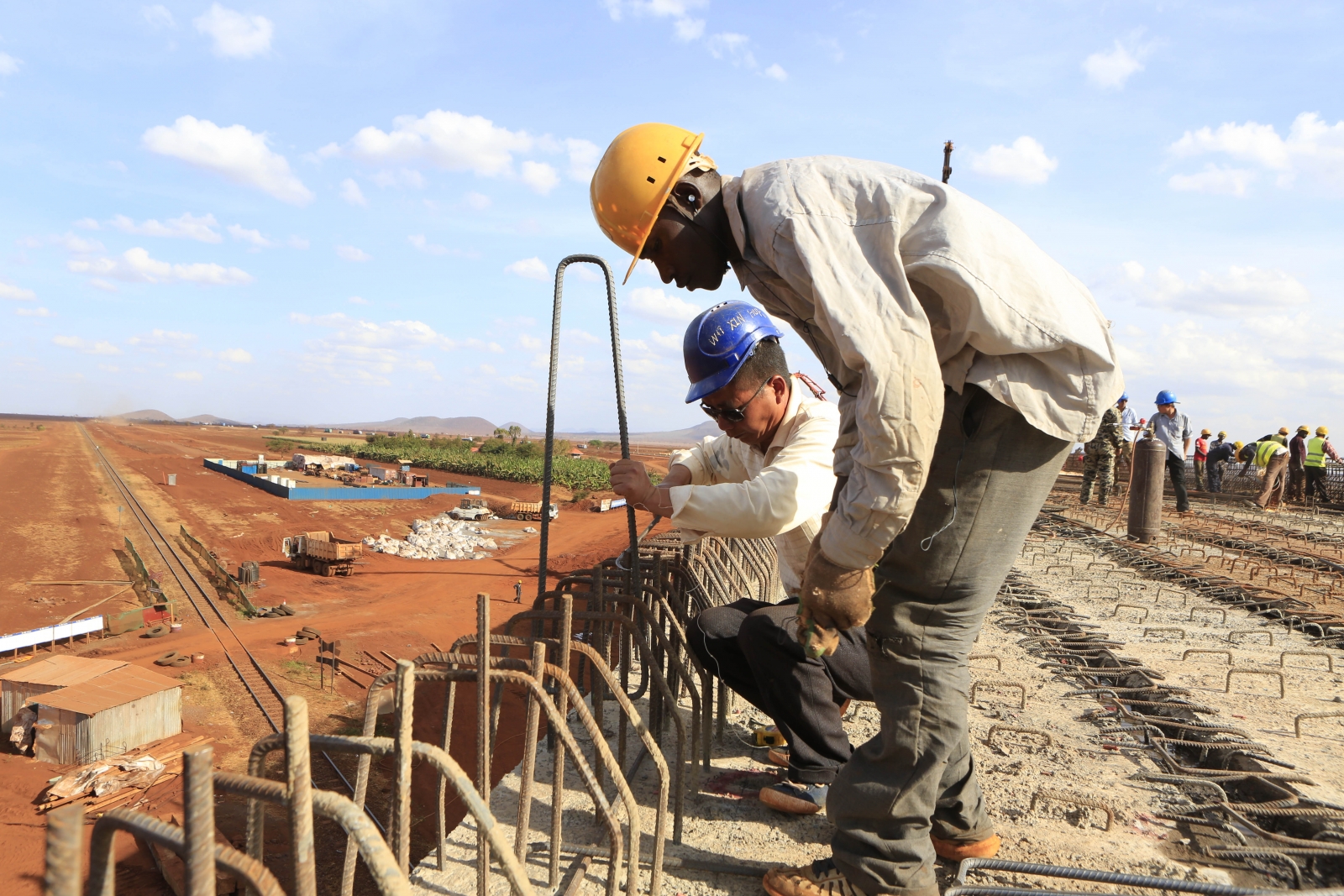Ruto Rattles China
Eyebrows were raised back in Beijing when William Ruto, kenya's deputy president and presidential flagbearer, where he repeatedly spoke to crowds during his campaign rallies against china influence in the country through its issuance of loans and heavy investments in the construction industry.

China has heavily invested in the infrastructure developments such as building the country's first standard gauge railway, the Thika super highway, and the newly opened Nairobi expressway.
Ruto claimed there were illegal Chinese living in the country who had taken local jobs from the locals and that he would put them in planes and fly them back to their country.

Undated Photo of A chinese & A kenyan Man working on a Construction Site. PHOTO FILE
Later on, the communication director at the office of the deputy president had to explain to a Chinese official, that the messages were badly phrased and apologized. due to the heated rhetoric, Beijing has taken a heavy interest in the upcoming elections to try to see how the two countries' relations will be shaped after the august 9th election.
Nonetheless, Ruto isn't the only presidential candidate who wants to sound tough on china, George Wajackoyah of the roots party, had sharp criticism of the country's relation with the communist party and said he,d fast track the paying off the debt and try and improve the balance of trade between the two countries.
Roots Party Presidential Candidate Geroge Wajackoyah.PHOTO TWITTER
Raila Odinga, the Azimio la Umoja flagbearer, has so far remained quiet on the issue during the campaign trail but has offered to improve the diplomatic relations between the two countries.
China`s influence in the country and the African continent at large has been under scrutiny over the last few years mostly from west institutions and countries. The EU and US fear the increasing and dominant role China has taken in the continent through the issuance of loans that help African countries close the infrastructure gap on the continent.
African states have defended their position by praising the effectiveness of the Chinese contracts to effectively design and finish the projects on time plus they do not try to interfere in the internal political affairs of the country, as opposed to the EU and the USA whose loans and grants are conditions-based.

 Steve Mburu
Steve Mburu 

























